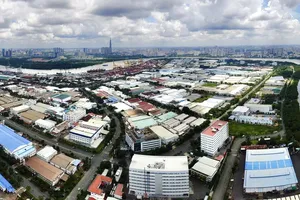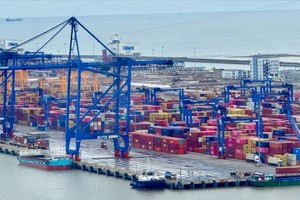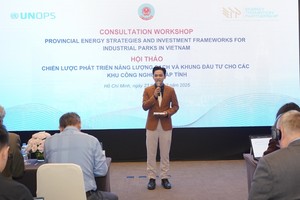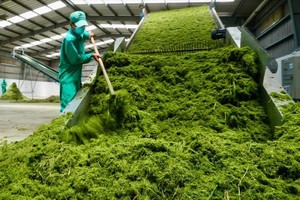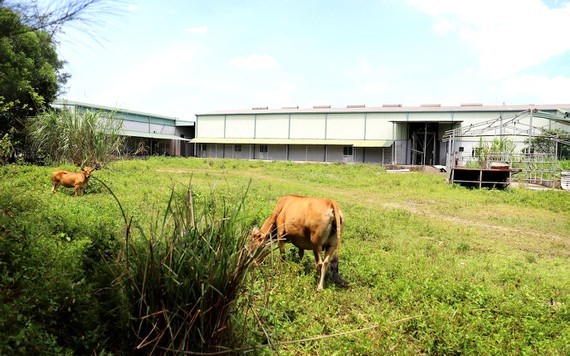
The factory was equipped with an advanced production line under European standards on food safety. The factory planned to slaughter 500 pigs per day and process 2 tons of meat per day in the first stage, and slaughter 1,000 pigs, 100 cows, and 3,000 chickens per day and process 5 tons of meat per day in the second stage; treat 400 cubic meters of wastewater per day and night.
The factory was started construction at the end of 2012 and handed over in June 2014. It came into operations with an initial scale of 100 pigs per day, accounting for 20 percent of its capacity. Processed products in the early stage included lean pork paste, sausages, ham, and some other high-class products. These products were consumed in supermarkets, stores, and markets in Ha Tinh Province, as well as for the domestic market and export.
However, after operating for some time, it did not achieve efficiency as expected but operated perfunctorily and suffered losses. By 2018, the factory faced stagnancy then came to a stop and has been abandoned until now (photo).
Explaining the reason that caused the factory to stall, on June 4, Ms. Nguyen Thi Ha, Deputy CEO of Ha Tinh Minerals and Trading Joint Stock Corporation, said that the consumption was too low while consumers have not habituated with industrial processing and manufacturing process and they rarely use frozen products.
According to Ms. Ha, the company has just signed a cooperation agreement with a company in Hanoi to continue to invest in production but this company has not done anything yet.
The factory was started construction at the end of 2012 and handed over in June 2014. It came into operations with an initial scale of 100 pigs per day, accounting for 20 percent of its capacity. Processed products in the early stage included lean pork paste, sausages, ham, and some other high-class products. These products were consumed in supermarkets, stores, and markets in Ha Tinh Province, as well as for the domestic market and export.
However, after operating for some time, it did not achieve efficiency as expected but operated perfunctorily and suffered losses. By 2018, the factory faced stagnancy then came to a stop and has been abandoned until now (photo).
Explaining the reason that caused the factory to stall, on June 4, Ms. Nguyen Thi Ha, Deputy CEO of Ha Tinh Minerals and Trading Joint Stock Corporation, said that the consumption was too low while consumers have not habituated with industrial processing and manufacturing process and they rarely use frozen products.
According to Ms. Ha, the company has just signed a cooperation agreement with a company in Hanoi to continue to invest in production but this company has not done anything yet.





